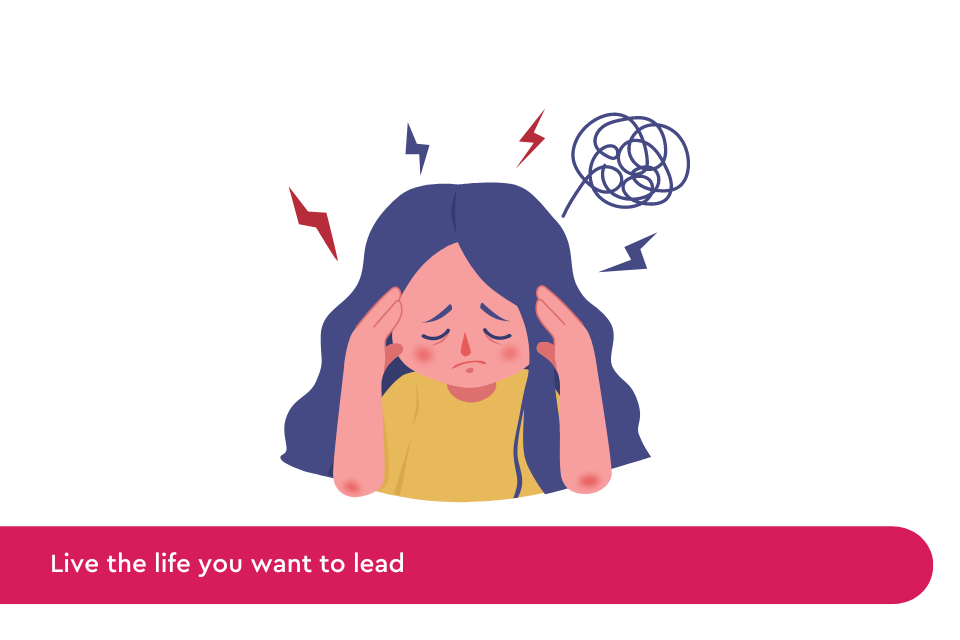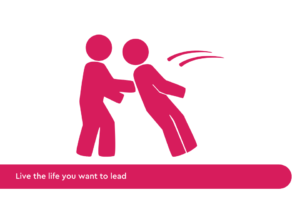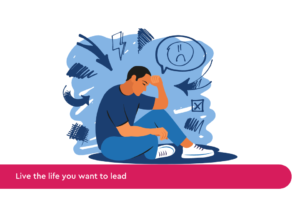Stress is an ever-present aspect of our lives, and while it’s a normal response to challenging situations, it’s crucial to recognise when it starts to take a toll on our wellbeing. So, how can you identify the signs of stress and take proactive steps towards managing it?
1. Reflecting on Your Emotions:
At huunuu we encourage self-reflection and self-awareness as key components of end-of-life planning and overall wellbeing. By reflection, you can take a closer look at your emotions and identify patterns that may indicate stress. Are you feeling more anxious, irritable, or overwhelmed than usual? These emotional shifts can be early signs of stress.
2. Journaling Your Thoughts and Feelings:
We love a good journal and are very proud of our books that help you process your thoughts about the life you want to lead. Keeping a journal can be a powerful way to recognise stress triggers and track your emotional responses over time. By regularly recording your experiences, you may notice patterns and trends that reveal when stress tends to manifest in your life.
3. Engaging in Guided Self-Assessment:
Assessments may include questions related to your physical and emotional health, daily routines, and overall life satisfaction. By honestly answering these questions, you can gain insights into areas of your life where stress may be impacting you.
4. Monitoring Physical Symptoms:
It’s always important to pay attention to your body and how it responds to stress. Are you experiencing physical symptoms like headaches, muscle tension, or digestive issues? These bodily signals can be clear indicators that stress is affecting you. See if you notice any patterns. Or perhaps you tend to over-indulge in either food or alcohol when you are challenged, these can all upset your body.
5. Connecting with Supportive Resources:
We understand the importance of social support in managing stress. By connecting with a community of individuals who are also on a journey of self-discovery and wellbeing can be helpful. Sometimes buddying up with someone or simply sharing with family and friends can be a good support. Sharing your experiences, concerns, and strategies for stress management with others can be a valuable source of support and encouragement.
6. Setting Well-Defined Goals:
Part of recognising stress is understanding how it impacts your life and setting goals for improvement. We encourage people to set clear and achievable wellbeing goals. These goals can be related to stress reduction, self-care, or any aspect of your life that you wish to improve.
7. Exploring Resources and Education:
By exploring wellbeing materials, you can gain a deeper understanding of the connection between stress and overall life satisfaction. Education empowers you to make informed decisions about your wellbeing.
We believe that a holistic approach to recognising and managing stress is important. Through self-reflection, journaling, assessments, physical symptom monitoring, and connection with supportive resources, you can gain a better understanding of how stress affects your life. Armed with this knowledge, you can take proactive steps towards managing stress and improving your overall wellbeing. Remember that recognising stress is the first step toward a healthier, more balanced life.




